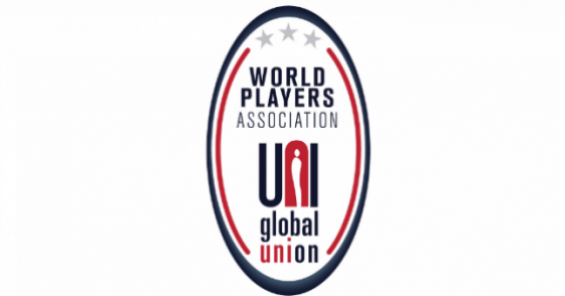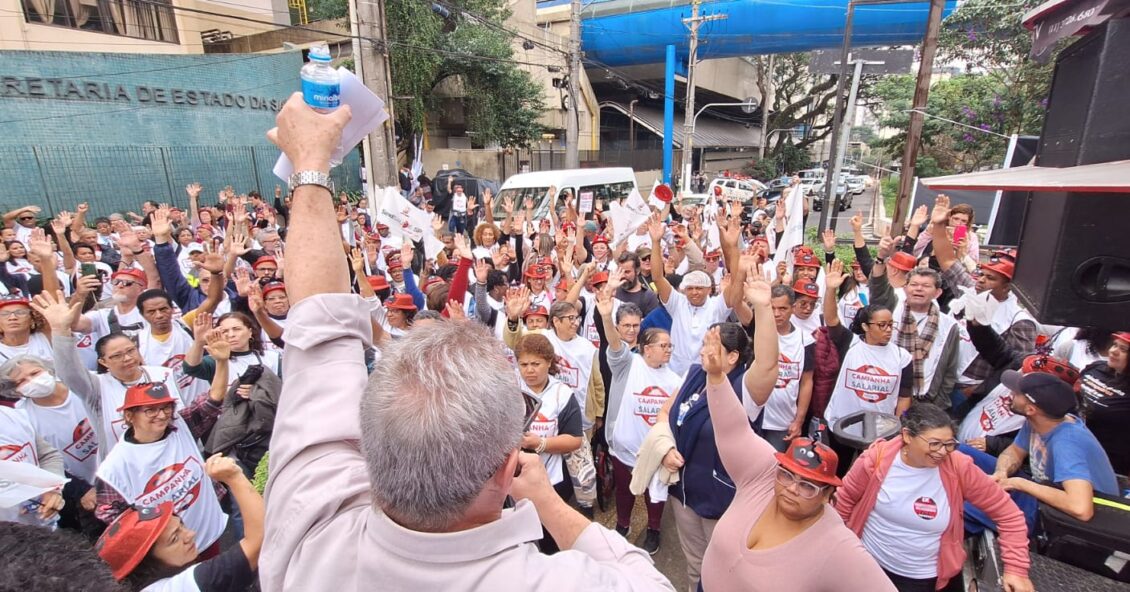Statement from the World Players Association:
The World Anti-Doping Agency (WADA) meets in Paris today and tomorrow and appears certain to once again avoid urgently needed governance reforms to address the escalating crisis facing the global anti-doping effort.
A long-awaited governance review is set to recommend the retention of WADA’s conflicted governance structure, continues to marginalise the voice of athletes, and fails to even consider the human rights of athletes and the reformation of the heavily criticised Court of Arbitration for Sport.
This longstanding crisis facing the anti-doping movement exists due to the ineffective response to systemic doping, athletes being subject to manifestly unjust processes and sanctions, and the lack of meaningful involvement of athletes in the global anti-doping system.
The latest review was an opportunity to squarely address these matters but has, however, been flawed from the start and characterised by the rejection of various constructive proposals from World Players and other athlete groups.
Rather than embrace World Players’ reforms based on best practice and respect for the internationally recognised human rights of athletes, the review has opted for incremental reforms which may only exacerbate and compound current problems.
The resulting gaps between World Players reform and the governance review’s recommendations are clearly seen with reference to the annexed table. These shortcomings include:
- Rejecting athletes as equal partners in the anti-doping system
- Rejecting a fully independent Executive Committee and retaining the conflicted model of stakeholder representation
- Excluding the reformation of the global anti-doping system of arbitration and justice from the scope of the review
- Excluding the human rights of athletes from the scope of the review
- Continuing to regulate and control who can represent athletes within WADA, and rejecting proposals to recognise player and athlete unions which have an unmatched track record of independent athlete representation, including the collective bargaining of anti-doping matters. Recommendations to WADA draw on the ineffective athlete commission and committee model used, favoured and promoted by the sport movement that has been recommended for review and reform by internationally renowned experts in an expert report commissioned by the International Olympic Committee. WADA’s preferred approach not only conflicts with the right of athletes to freedom of association but subjects them to grievous harm by entrenching the imbalance of power that sports bodies have over athletes worldwide.
World Players outlined its concerns about the process and substance of the governance review in various exchanges with WADA leadership and most recently in correspondence dated 18 November 2021 (available here). This has been complemented by a comprehensive reform proposal to the review dated 10 August 2021 (available here).
The ongoing and longstanding rejection of these proposals clearly fail to remedy and address the systemic exclusion of organised players and athletes. Any system which by design excludes athletes and their chosen representatives yet seeks to compulsorily bind them to it fails the tests of democracy and legitimacy.
This requires an urgent and fundamental recalibration of WADA’s relationship (including its stakeholders in sport movement and public authorities) with World Players, our affiliates and the athletes they represent based on respect for their rights, essentially including freedom of association and the right to organise.
ENDS
The World Players Association, part of UNI Global Union, is the exclusive global voice of organized players and athletes across professional sport. It brings together 85,000 players through more than 100 player associations in over 60 countries. Its role is to ensure that the voice of organized players is heard at the highest levels in the decision-making of international sport.


